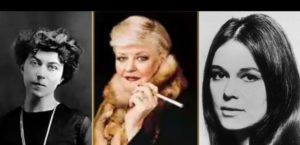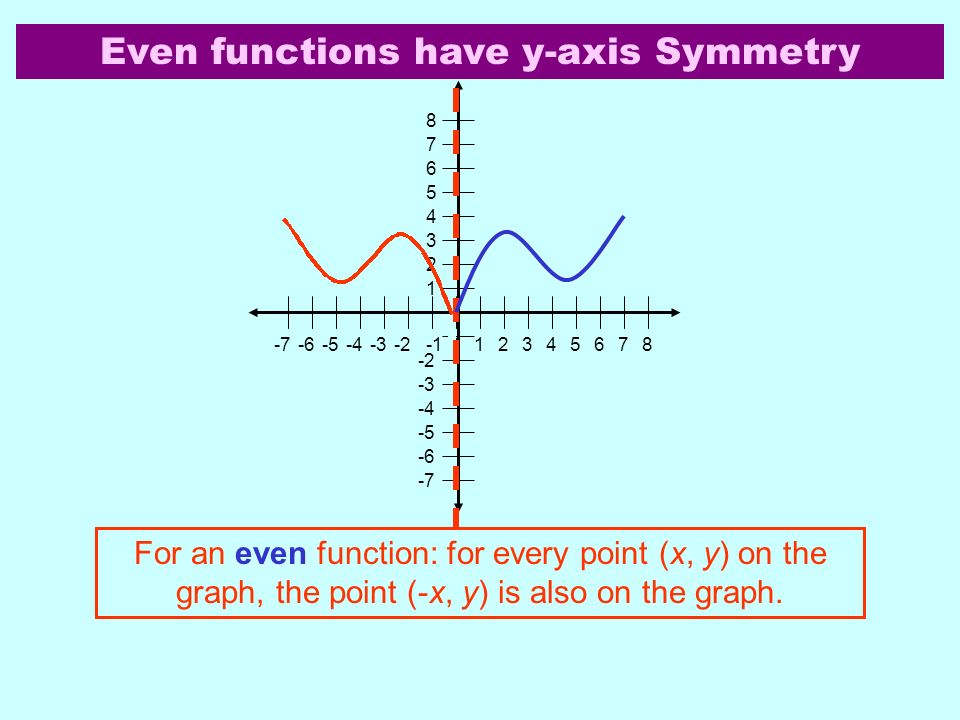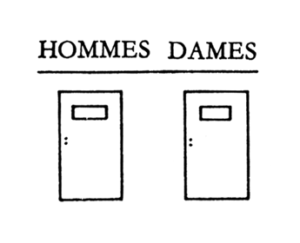
“Everywhere, on billboards, in the newspapers, on the screen, we encountered the revolting and insipid picture of ourselves that our oppressors wanted us to accept. And, because of all this, we were free. Because the Nazi venom seeped even into our thoughts, every accurate thought was a conquest. Because an all-powerful police tried to force us to hold our tongues, every word took on the value of a declaration of principles. Because we were hunted down, every one of our gestures had the weight of a solemn commitment.” Continue reading “From Sartre to Zizek, freedom or Bashi-Bazouklouk¹ — Engin Kurtay”



